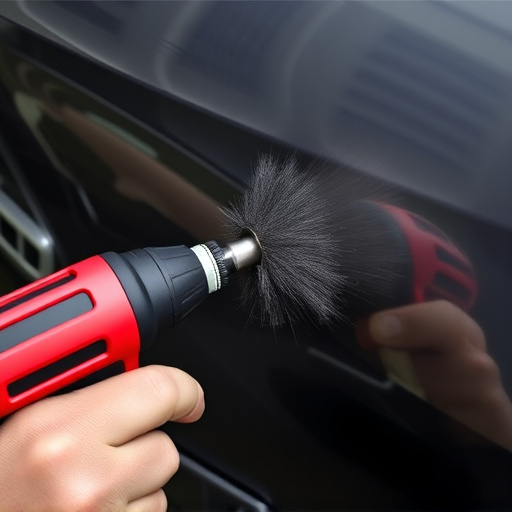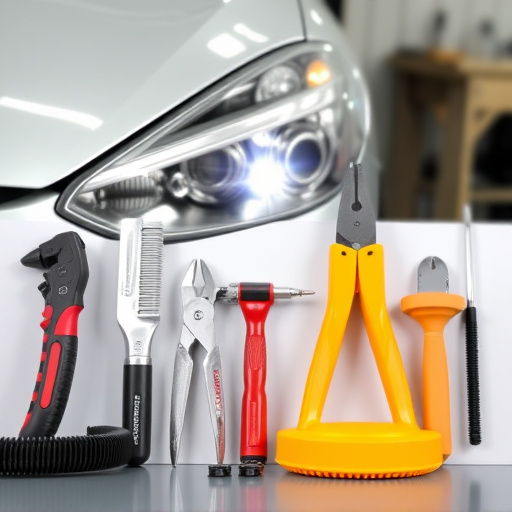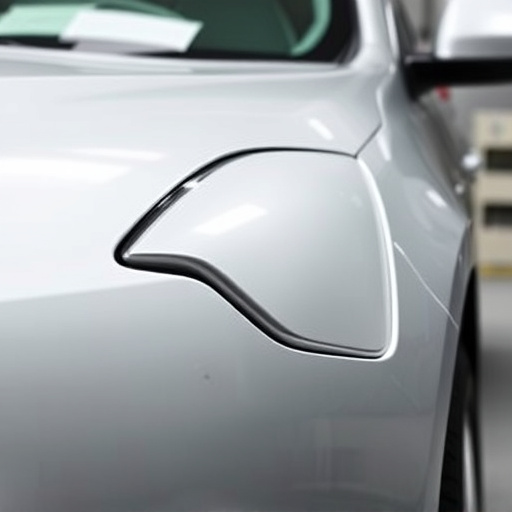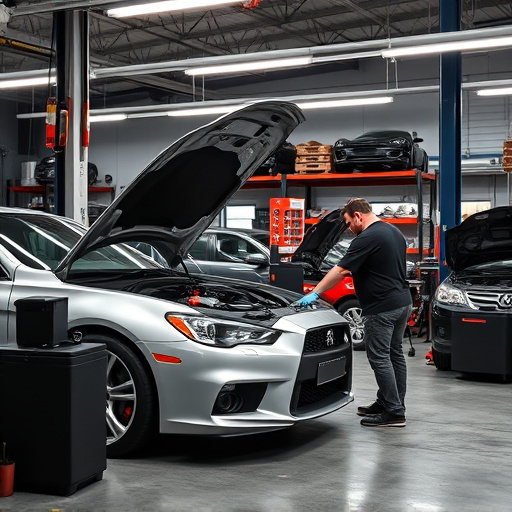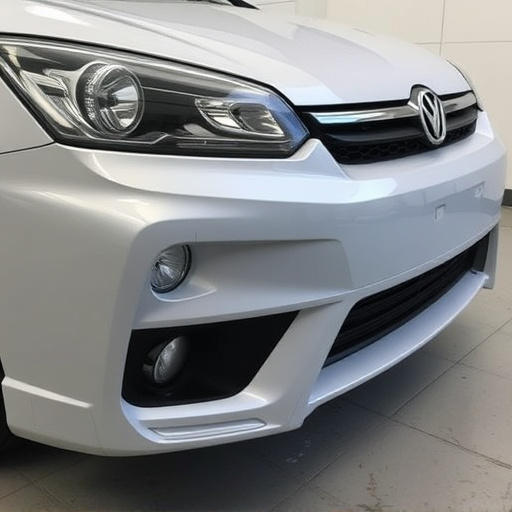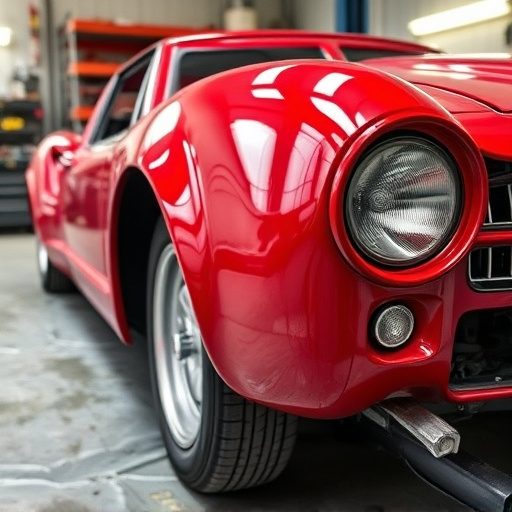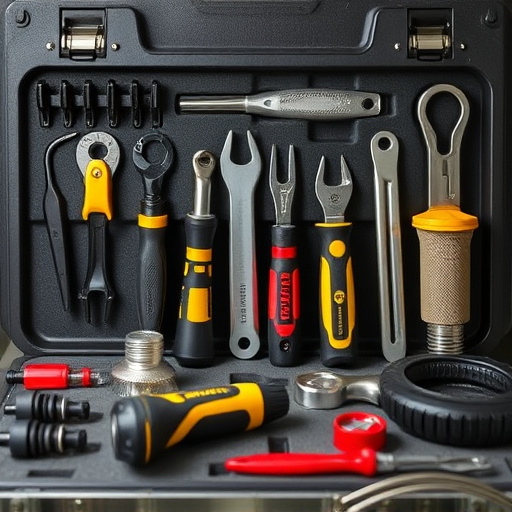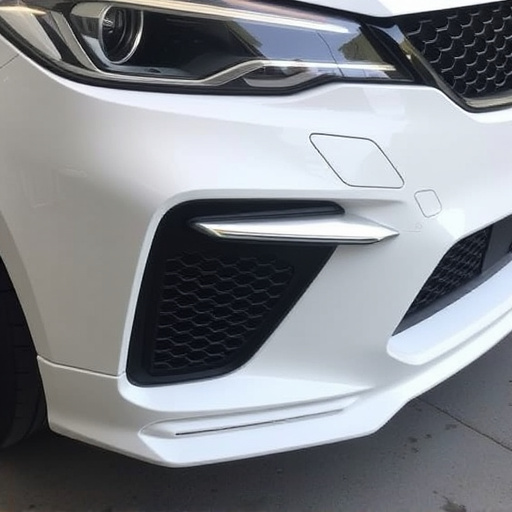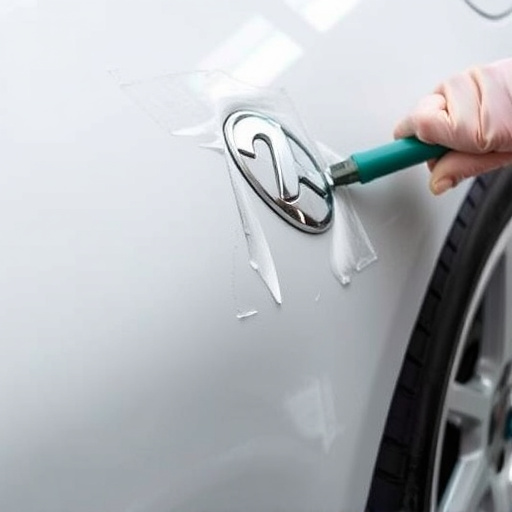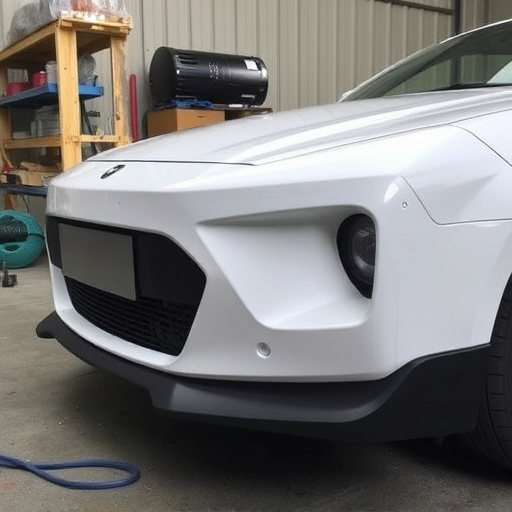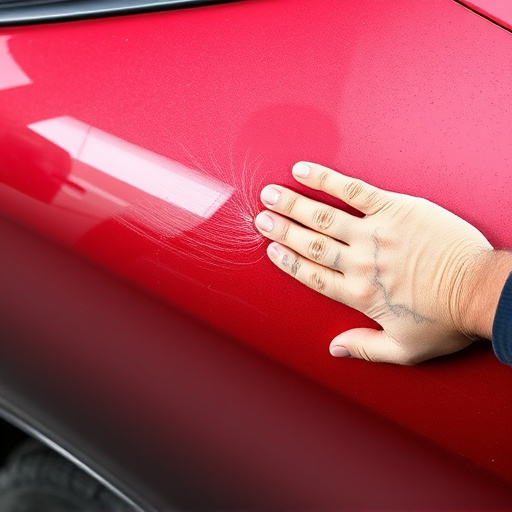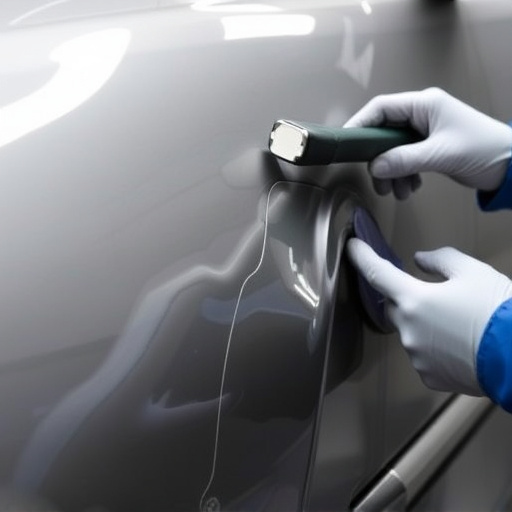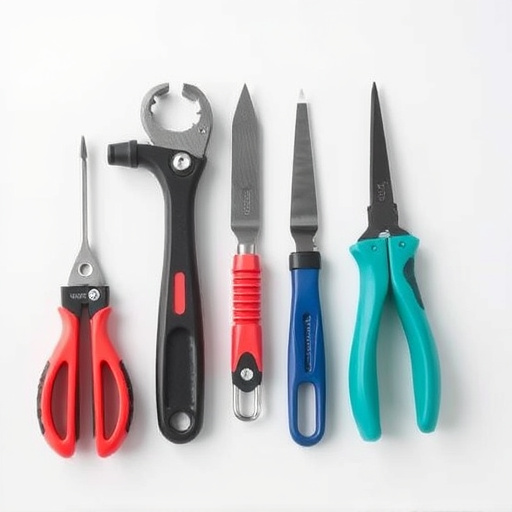Adhesive bonding techniques in automotive repairs leverage polyurethanes, silicones, epoxies, and cyanoacrylate (Super Glue) adhesives for diverse applications. Polyurethanes are versatile, ideal for dent repair and structural bonding, offering high strength and water resistance. Silicones excel at sealing and weatherproofing. Epoxies are robust for high-stress areas like body panel attachments. Cyanoacrylate's remarkable bonding strength and rapid set time make it a go-to for precise repairs across materials, enhancing vehicle integrity and aesthetics.
In the realm of modern vehicle manufacturing, adhesive bonding techniques play a crucial role in assembling and repairing automobiles. This article explores the diverse world of adhesives used in automotive applications, highlighting their unique properties and advantages. From common types like polyurethane and cyanoacrylate to advanced technologies such as UV-curable and hot melt adhesives, each has its niche. We delve into the selection process, considering factors that determine the ideal adhesive for specific tasks. Case studies demonstrate successful implementations, while future trends hint at innovative advancements in this field.
- Common Types of Adhesives Used in Automotive Bonding
- – Polyurethane Adhesives: Properties and Applications
- – Cyanoacrylate (Super Glue): Advantages and Use Cases
Common Types of Adhesives Used in Automotive Bonding

In the realm of automotive bonding techniques, adhesive bonding stands out as a cornerstone for various repairs and modifications in car bodywork. Common types of adhesives used include polyurethanes, silicones, and epoxies. Polyurethanes, known for their versatility, are often employed in both structural and aesthetic applications. Their ability to create strong bonds on diverse surfaces makes them indispensable in everything from dent repair to intricate Mercedes-Benz collision repairs.
Silicones, with their excellent weatherability and flexibility, are particularly favored for sealing and sealing applications, ensuring long-lasting performance even under extreme conditions. Epoxies, renowned for their superior strength and adhesion, find use in high-stress areas requiring robust bonding, such as structural repairs and body panel attachments. These adhesives play a crucial role in maintaining the integrity of car bodywork, contributing to both safety and aesthetic appeal.
– Polyurethane Adhesives: Properties and Applications
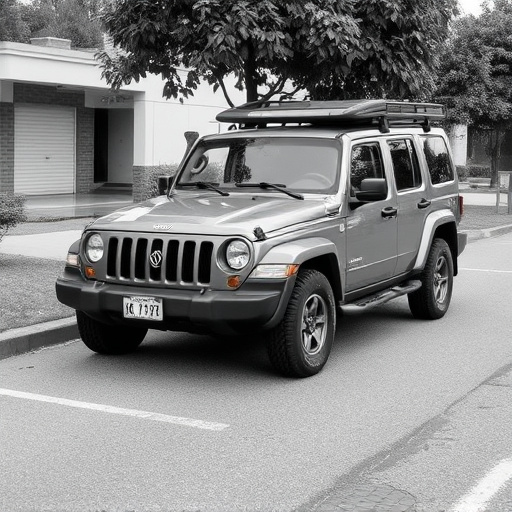
Polyurethane adhesives are a versatile and highly effective option in automotive adhesive bonding techniques. Known for their exceptional strength and flexibility, these adhesives are ideal for a wide range of applications, including car dent repair and structural bonding. Polyurethanes can be customized to meet specific requirements, making them suitable for both interior and exterior vehicle components. In collision centers and car paint services, polyurethane adhesives play a crucial role in ensuring long-lasting bond strength and water resistance, which is essential for maintaining the integrity of repairs.
Their unique properties allow for efficient bonding across various surfaces, including metal, plastic, and composite materials commonly found in modern vehicles. The ability to withstand temperature variations and environmental stresses without compromising integrity makes polyurethane adhesives a preferred choice for automotive professionals. This durability ensures that bonds remain strong over time, contributing to the overall quality and longevity of car paint services and collision center repairs.
– Cyanoacrylate (Super Glue): Advantages and Use Cases

Cyanoacrylate adhesives, commonly known as Super Glue, are renowned for their exceptional bonding strength and quick setting time. This makes them a popular choice in various industries, including automotive repair and restoration. In mercedes benz repair or car restoration, cyanoacrylate is often utilized for precise and strong bonds on intricate surfaces. Its ability to create instant and permanent bonds within seconds offers significant advantages over traditional adhesives.
Super Glue’s versatility allows it to be used in a range of adhesive bonding techniques. It excels in bonding plastics, metals, ceramics, and even some types of wood. In collision repair services, where structural integrity is paramount, cyanoacrylate ensures precise alignment and long-lasting bonds between components, contributing to the overall durability and reliability of vehicle repairs.
In conclusion, understanding the diverse world of adhesive bonding techniques is key to achieving optimal results in automotive manufacturing. Polyurethane adhesives offer exceptional versatility and durability, while cyanoacrylate’s instant bonding power makes it a go-to for specific applications. By leveraging these common types of adhesives, manufacturers can ensure robust and long-lasting connections, enhancing vehicle performance and safety. Adhering to the right adhesive choice based on material compatibility and structural demands is thus paramount in modern automotive assembly lines.
